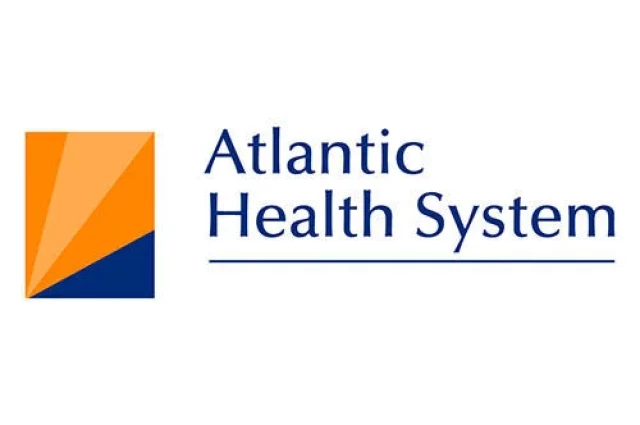Atlantic Behavioral Health - Chemical Dependency Outpatient Service Information
Accreditations
-
State department of health
Government agencies issue State Licenses, which grant rehabilitation organizations permission to conduct their operations lawfully within specific geographic regions. Licenses needed to operate are typically determined by the type of rehabilitation program offered by the facility and its physical location.

-
The Joint Commission
The Joint Commission accreditation for addiction and behavioral health signifies that a facility has met rigorous standards in patient care, treatment, and safety. This recognition assures patients and professionals of the facility's commitment to providing high-quality, evidence-based care in the fields of addiction and behavioral health, fostering trust and confidence in their services.

Atlantic Behavioral Health - Chemical Dependency Outpatient Service Accepts The Following Insurance Plans
Find the best treatment options. Call our free and confidential helpline today!

